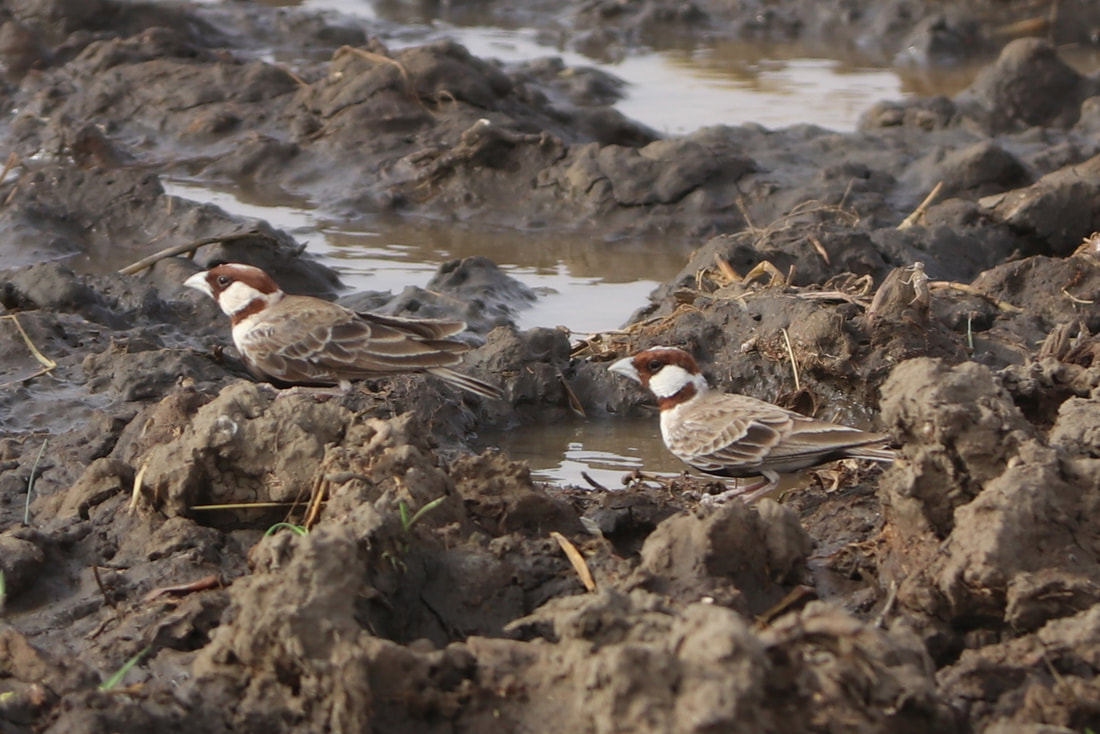
A reflection: This morning house finches and sparrows abound in my yard, creating a soundscape that is a work of art. Not like a work of art. Is. Their brains, bird-brains, so unlike my own brain, nonetheless enters into aesthetic conversation with me. Enfolding me. Though the term aesthetic has come to be, on the positive end, connected with beauty; and on the negative end, linked to the colonial dominance of a class of Western elites who consumed classical music, the word itself emerges from the ancient Greek aisthētikós, which, instead, refers to sense perception. That which can be sensed.
Returning to this original meaning, and discarding attempts to colonize peoples’ sense of beauty, the aisthētikós experience of birdsong is perhaps our oldest sensual and sonic experience. One can imagine us, early homo sapiens, on the Horn of African listening intently to the songs of birds such as the white-winged collared dove and the chestnut-headed sparrow-lark, developing our emerging sense of rhythm and pitch (so different from other great apes). In many ways, our musical brain is more like bird-brains than ape-brains.
In a Thesis exploring ecologically literate vocal repertoire, Evan Snyder highlights a number of composers in the classical tradition that have been influenced by the natural environment—John Luther Adams, Stephan Lias, Derek Charke, Judith Cloud, and Catherine McMichael. Though this study was limited by its focus on classical music, each composer studied reflects different experiences with nature and relationships to environmental issues. This can be particularly important for teachers.
One piece Snyder points readers to, and which I suggest giving a close listen to, is Oikos/Ecos by Derek Charke, which is strange and uncomfortable, revealing “society’s preferences for digital fantasy over ecological reality.” Discomfort is part of many learning experiences. For instance, Kallio and Westerlund suggest discomfort is essential for intercultural learning in music teacher-education. If it is uncomfortable to consider the musicking ways of other cultures, how much more might it be uncomfortable to consider the musicking of non-human beings, and our own ecologically destructive ways? I find Oikos/Ecos particularly interesting as an approach to musicking because this compositions makes me want to escape it; to be outside listening to my finches and sparrows, refilling their birdseed and living in a less-"crumbling" time. Now! It feels urgent. I want to sense, aisthētikós, bird-brains more than I want to reside in the "stolen" intelligence of human society. And so this uncomfort becomes motivation to leave the house and sense.
DS
Link to image of chestnut-headed sparrow-lark: https://upload.wikimedia.org/wikipedia/commons/7/77/Eremopterix_signatus.jpg
 RSS Feed
RSS Feed
